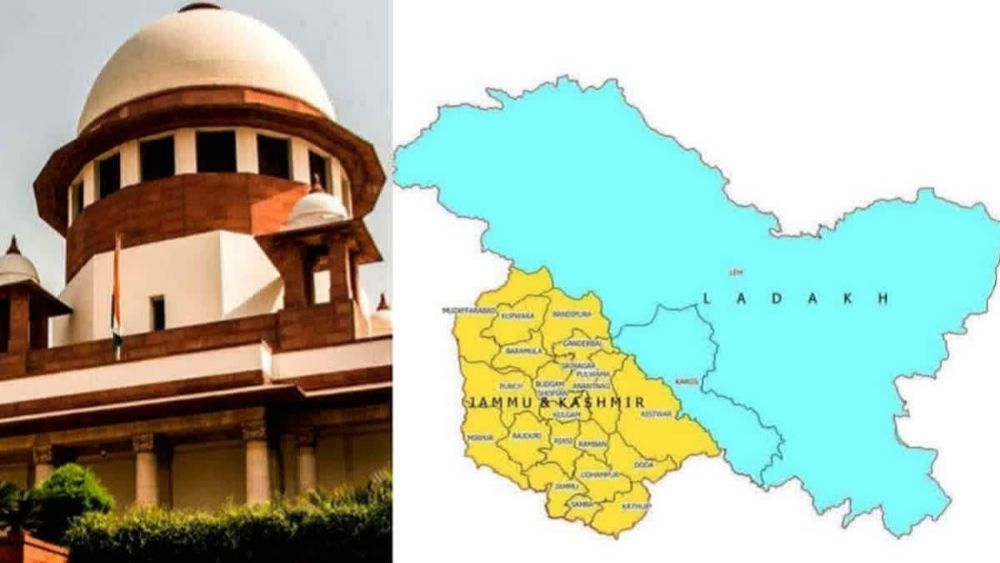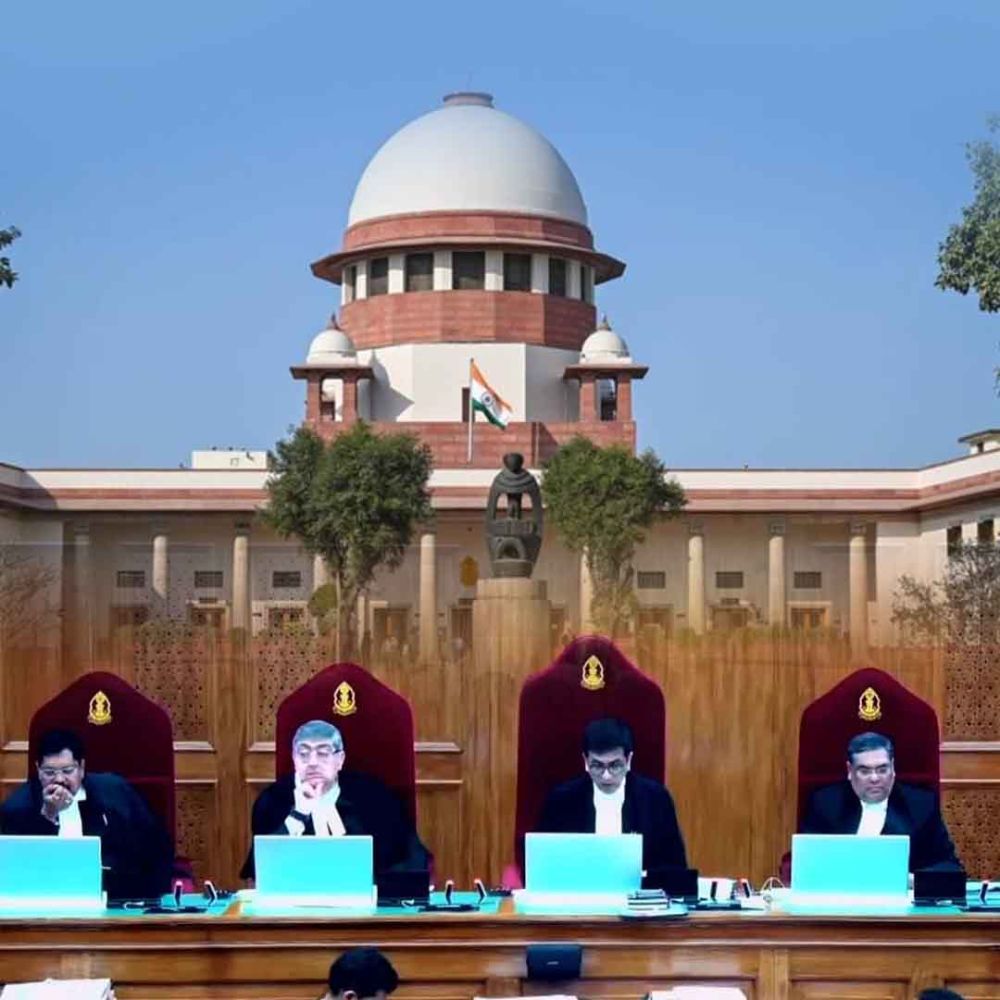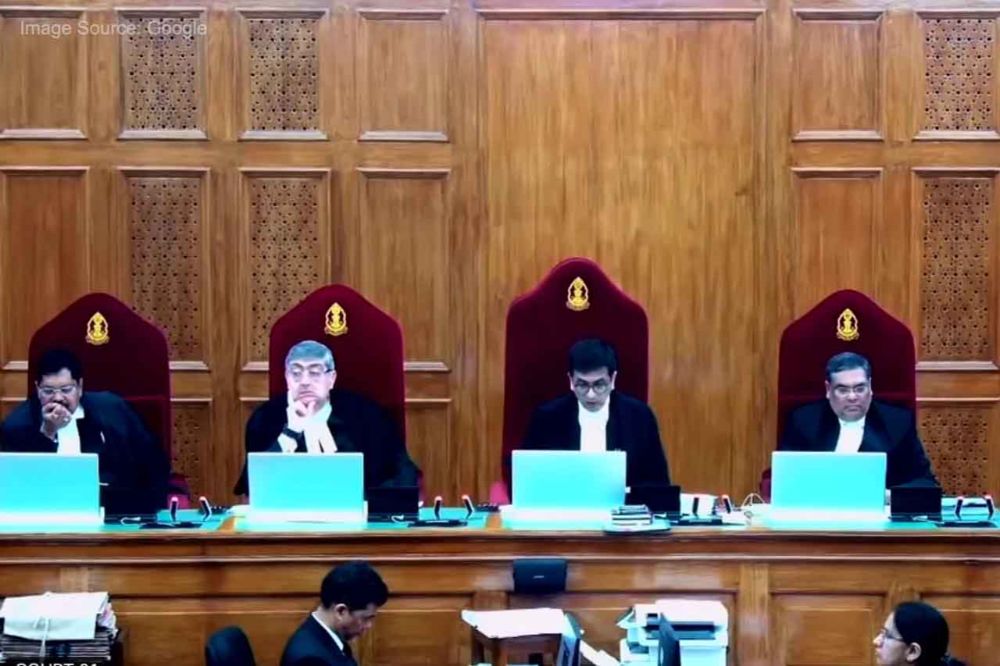In a landmark decision on December 11, the Supreme Court upheld the constitutional validity of the Presidential order abolishing Article 370, which granted special status to Jammu and Kashmir. The court asserted that the state didn’t retain an element of sovereignty after acceding to India.

Chief Justice DY Chandrachud, leading the five-judge constitutional bench, emphasized that Article 370 was a temporary provision, endorsing the government’s move to revoke the provision that permitted the state to have its flag and a separate constitution. The bench, comprising Justices S K Kaul, Sanjiv Khanna, B R Gavai, and Surya Kant, declared the bifurcation of the state into union territories of Jammu and Kashmir and Ladakh as valid.

While endorsing the bifurcation, the court directed the swift restoration of J&K’s statehood and instructed the Election Commission to conduct polls in the region by September 30.

“It (SC) doesn’t need to adjudicate on validity of proclamations because main challenge was to abrogation and if it can be done during president rule and even if it’s held proclamation could not be done, no material to say president rule cannot be invoked,” stated the bench.
Chief Justice DY Chandrachud clarified that the court wouldn’t rule on the validity of the Presidential rule imposed in Jammu and Kashmir in December 2018.

“Every decision taken by Union on behalf of State during Presidential rule not open to challenge…this will lead to the administration of state to a standstill,” CJI said.
